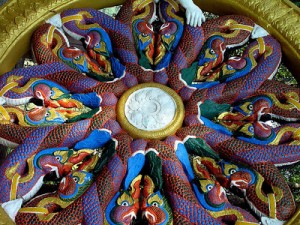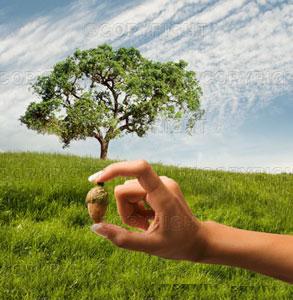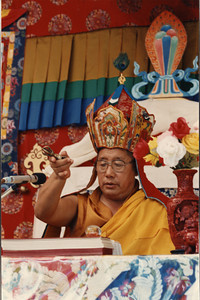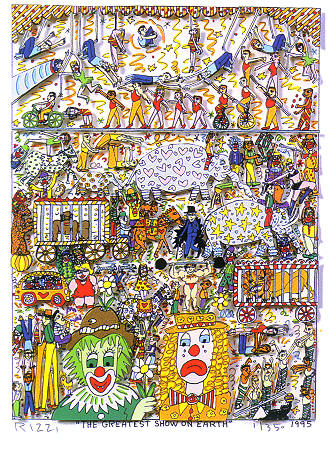An excerpt from a teaching by Jetsunma Ahkon Lhamo from the Vow of Love series
You are at the beginning. You have arrived at the door to liberation. You are knocking on a door that opens to the end of suffering. You have a tremendous capacity here, and in order to utilize that capacity you have to begin to utilize the technology being offered you. That technology is very simple: you have to soften and turn your mind. Whether you are a Buddhist or not, in order to achieve any realization at all – in fact in order to continue in a steadfast way on a path without being pulled away by the craziness of your own mind – you have to develop stability. That stability has to be based on the softening and gentling of your mind. You have to free it as much as possible from discursive thought, and from the conceptualization associated with the belief in self-nature as being real. You have to free it enough to be able to get some perspective.
Through that stability and deepening we can begin to examine these essential thoughts: that all sentient beings want to be happy, that all beings are suffering, that there is a cessation to suffering, and that the cessation to suffering is called enlightenment.
We should examine these thoughts, because Westerners have a very complicated world. Maybe it is hard to understand that all beings wish to be happy here in the West, because here we listen to the news and we hear about people throwing bombs at each other. We hear about robbery, rape and murder. We think, “Wow, that person raped and murdered; he is a horrible person.” We condemn him immediately and forget the other side of that thought, which is that he is trying to be happy. Can you believe that? Is that not an awesome thought? People who are raping and murdering, people throwing bombs in each other’s windows – how can you believe that these people want to be happy? Yet, it is absolutely the case. All sentient beings want to be happy, but they are drunk with the idea that there is no cause and effect. They are drunk with the idea that they can attain happiness by manipulating their environment in some crazy way. It just doesn’t work.
For instance, a freedom fighter might believe if he destroys a thousand people by throwing a bomb into a building, he might attain some liberty for his people, and through that effort he will be happy. That might be his thinking, but he doesn’t realize he has killed a thousand people, and through his action has created the karma in his mindstream of a thousand deaths that can only be the cause of suffering. He really believes he is doing something good. Even the rapist and murderer – maybe he has an uncontrollable urge that is deep and profound. Where does that urge come from? Why don’t you have it? It is because he has the karma of that urge. Maybe it was caused when many lifetimes ago he threw a bomb in somebody’s window and killed a thousand people, and maybe that is why he has that urge in his mindstream now. So what does he do? He continues to rape and murder. At the moment of doing so, he thinks he will end the suffering of his uncontrollable urge through raping and murdering just once more.
That is how horrible it is, but these people really are trying to be happy. Think about that. Think about how they are suffering uncontrollably, revolving again and again in cyclic existence, helplessly, because of the karma that has infected their minds. They are helpless in the midst of the cause and effect that they have created — simply helpless. Even in these horrible cases it is true, all sentient beings are trying to be happy. On the other side of this law, which the Buddha declared, is that not understanding how to create happiness, they constantly create the causes of suffering through non-virtue.
These are things you absolutely must remember. You have to allow them to deepen your mind. They have to become as instinctive and natural to you as breathing. If you understand the infallibility of cause and effect to such a profound extent that it begins to change the compulsion you have to create non-virtue and therefore the causes of unhappiness, then you are a practitioner. You are practicing a technology that will lead you to realization. Whether you consider yourself a Buddhist or not, you are practicing a valid technology, a spiritual technology.
© Jetsunma Ahkon Lhamo
![pbce029_buddha_lotus[1]](https://www.tibetanbuddhistaltar.org/wp-content/uploads/2010/09/pbce029_buddha_lotus1-208x300.jpg)





![art-fom-bs[1]](https://www.tibetanbuddhistaltar.org/wp-content/uploads/2010/08/art-fom-bs1-199x300.jpg)

